Issue 52 : 5 April 2020
Talofa Lava, Kia Orana, Malo E Leilei, Tena Koutou, Hello ...
... and welcome to the latest issue of “For The Love Of The Game”, the official e-zine of the New Zealand Amateur Sport Association Inc. We hope you enjoy reading the articles below.
If you have any feedback on this issue, ideas for future articles, or would like to contact the Editor, please click here. And, you are invited to forward the e-zine to others you know, who may be interested in reading it.
The Association acknowledges the demanding challenges being faced by all sporting communities at this time. We will continue to advocate for the physical and social benefits which are provided by New Zealand's many and diverse amateur sport organisations.
If you are interested in applying for membership of the Association, please click here.
Viewpoint: The Post-COVID Future Of Contact Sport ...
According to the Centre for Infectious Disease Dynamics (CIDD) at The Pennsylvania State University in the United States, “there is no consistent, solid, reliable means by which to remove a stigma, even when there is compelling evidence that a person is not, or never was, infected or infectious.” Research undertaken by the CIDD has highlighted the social stigmas which can arise from infectious diseases in the community, throughout human history.
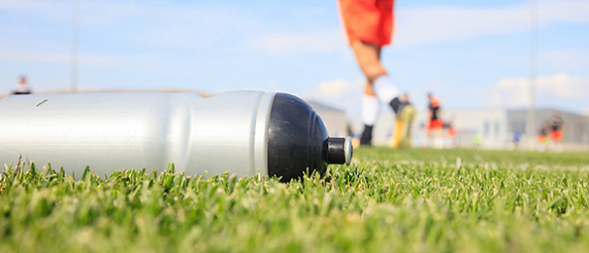
Whether or not the “social-distancing” or actual incidences of illness arising from COVID-19 give rise to a symmetrical stigma concerning physical contact with strangers in community sport, should be of urgent and careful consideration by administrators of sporting codes which require random (and often uncontrollable) physical contact.
Behavioural psychologists will confirm that the concept of the "physical-isolation-bubble”, while determined by government fiat, will not be suddenly and immediately burst by a relieving public-health statement. It is entirely plausible that the manifest suspicion of strangers, bred by fear of infectious disease, will not be eliminated as quickly and as easily as it was created.
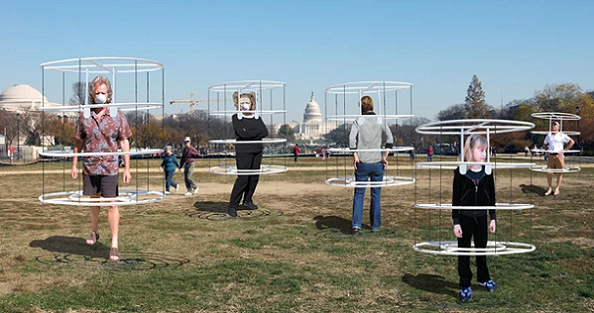
(Fear of community infection may linger longer than any community isolation period)
The CIDD states, “whether viewed through an ethic to do no harm, to protect the public's health, or for social justice, there is no support for stigmatising infectious diseases and every reason to actively avoid stigma promoting communication.”
How will the community change the increasing fear and mistrust of strangers, to one of trust? This will be one of the key questions and the challenge underpinning the recovery of community sport. It is likely that participants in organised community team sport will require sporting codes to describe what is “safe” in their playing environment, given the unconscious biases which may inevitably act as a disincentive to them taking part.
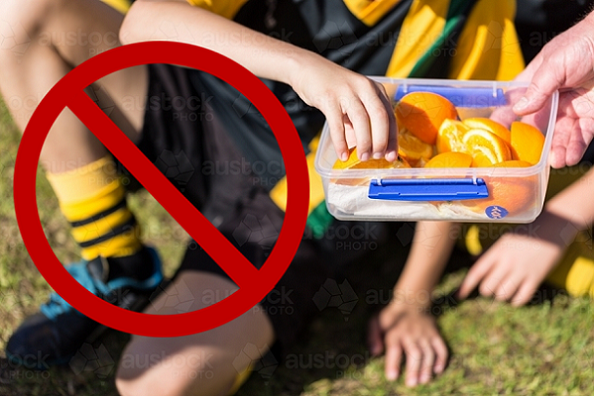
(Traditional sporting customs may be brought into question in the new-world of sport)
For some sporting codes, this may require, among other considerations, a review of what is considered acceptable on-field behaviour (with appropriate sanctions developed for examples of behaviour unacceptable in a post-COVID world), a change to protocols around the sharing of side-line refreshments and where sports are played in environmentally-unfriendly conditions conducive to viral illness, earlier cancellation of fixtures where physical health may be at risk.
In life (as perhaps also in sport), “there is no passion so contagious as that of fear.”
Some Relief For Incorporated Sports Clubs ...
The Association applauds the decision taken by the Registrar of Incorporated Societies, communicated on Sunday last week, that no action will be taken “to remove entities from our registers or take any enforcement action for non-compliance with filing” as a result of “circumstances related to COVID-19”.
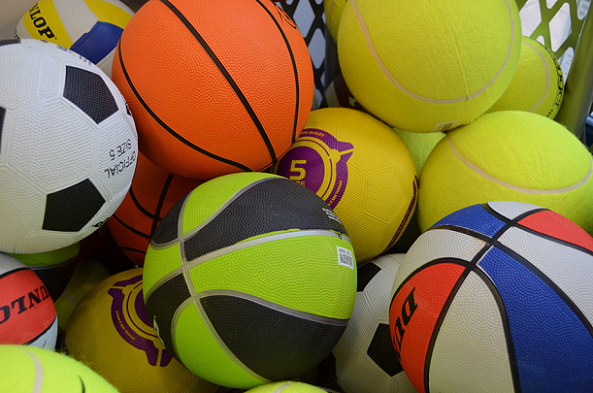
(The Association lobbied the Registrar on behalf of clubs for relief from Section 23 of the Act)
Earlier the Association had written to the Assistant-Registrar suggesting that COVID-19 regulations would directly limit the ability of incorporated sports clubs to fulfil their obligations under section 23 of the Act leading to their potential dissolution, which would in turn potentially expose members of the dissolved entity to personal legal liability.
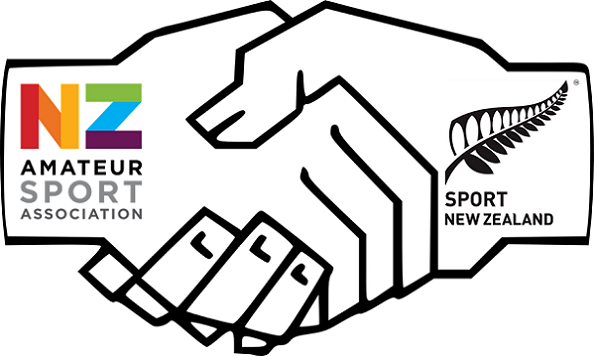
The Association has reached-out to Sport New Zealand to undertake a collaborative survey, using the Association's database of sports clubs, to assist Sport and Recreation Minister, Grant Roberston form a comprehensive view of the current and future financial needs of sports clubs.
From Relief To Recovery ...
Following the sought-for implementation of the Association's proposed "Relief Package", the attention of New Zealand's sport administrators must quickly turn to developing a "Recovery Plan" which will restore confidence to New Zealand's sporting communities.
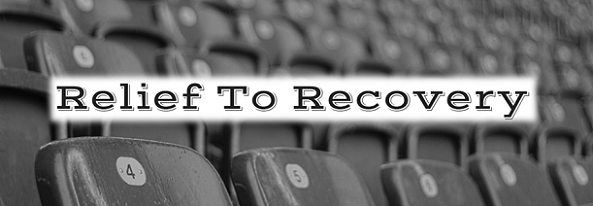
You can listen to Association Chairman, Gordon Noble-Campbell discuss the Association's proposed "Recovery Plan" on Jim Kayes’ final "Weekender" show on RadioSport (which was suddenly shut-down last week), by clicking here. In summary, the Association suggests that the "Recovery Plan" for community sport should take three forms.
1. "It's O.K. To Play"
At some point, post the COVID-19 crisis, there will need to be national publicity campaign to bring people back to community sport. The current change in social behaviour will make it hard for parents and children in particular, to become comfortable with contact sports in the short to medium term, with a need to show it's "safe to play" traditional Kiwi sports.
2. A New Funding Structure
With commercial sport revenues for National Sport Organisations uncertain for the foreseeable future, greater reliance will need to come on "grass-roots support" (e.g. from local businesses funding teams, or philanthropic sources). In addition, the Government could adopt the "FairPlay" voucher system in Australia, which gives families $150 per child to pay for sport registration, given many families will be financially struggling.
3. A New Governance Model
National Sport Organisations will once more need to become more fully supported by experienced volunteers, rather than relying on paid employees, if there is no (or significantly reduced) revenue. With sport stadia unlikely to be filled in the near future, revenue streams based on patronage (or advertising) are likely to be reduced for a considerable period of time.
Bankruptcies And Bailouts Are The New Back-Drop For Sport ...
On both sides of the Atlantic, major sporting codes are suffering from COVID-19, with traditional commercial models exposed (perhaps fatally) by social isolation policies implemented in most countries, (apart from the Belarusian Premier League, or “Vysheyshaya Liga” which is continuing to play to packed stadiums, regardless).
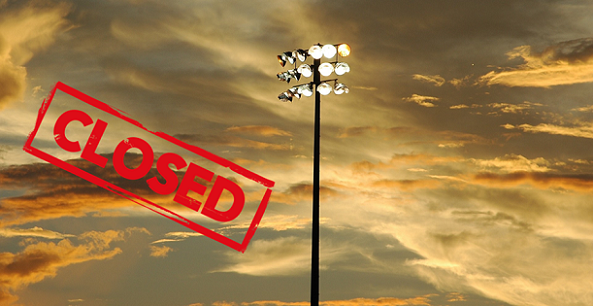
(Without money, the global commercial sports engine has spectacularly "seized")
In the United States, Major League Rugby has been cancelled for 2020, with franchise-owners honouring salary payments to players, while in the UK, Premier League Club owners are looking to the Government for a financial hand-out. Without money, it seems, the sporting world’s engine has "seized". Last week, the Association spoke with Scott Lawrence (Atlanta Rugby) and Andrew McKenna (TalkSport, London) about the “new world” of sport in America and the UK.
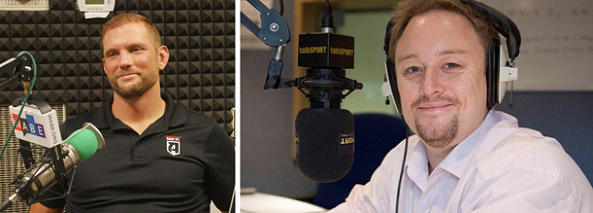
(Scott Lawrence, left and Andrew McKenna, right spoke to the Association last week)
You can hear their opinions on the way forward for sport, post COVID-19, by clicking here.
Netball Mainland Vote Makes It First Virus Victim ...
Netball Mainland Zone was was registered as an incorporated society in 2012. Yesterday, its Annual General Meeting voted to place the entity into "voluntary liquidation". For the 2018 financial year (according to financial statements filed with the Registrar), its operating revenue was $2.2 million, (including sponsorships and grants exceeding $1.4 million). Since 2017, its Members Equity has reduced from over $200,000 to minus $17,000.
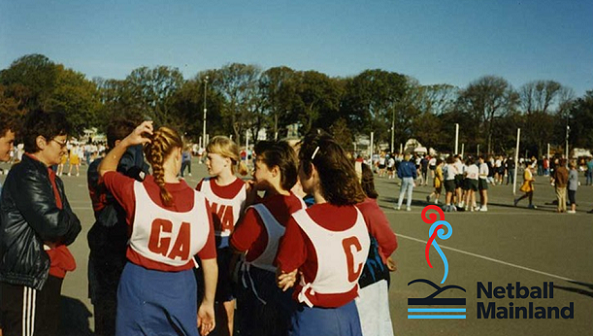
Spokesperson Darren Wright said, “after undertaking a thorough review of its financial position and regrettably with there being no certainty as to when both community and high performance games will resume, the difficult decision has been made to liquidate.” You can read Netball Mainland’s statement concerning its liquidation, here.
The Future Of Youth Sport In New Zealand ...
Association Board Member, David King has been considering the future of youth sport post the current social dislocation caused by COVID-19. David is a member of the “Activation” team at Upper Hutt City Council and is actively involved in the promotion and development of community sport in Upper Hutt City, and across the Greater Wellington region.
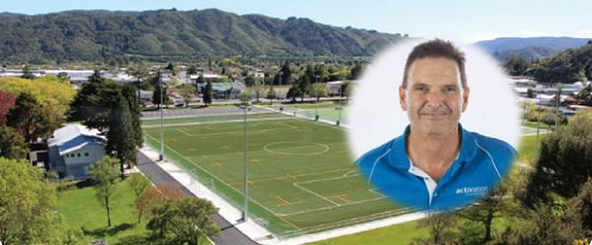
(Association Board Member, David King, has a passion for community youth sport)
David has identified a number of factors, including: a. reduced participation fees, (in part arising from reduced family incomes); b. evaporation of traditional funding options, (such as grant funding and business sponsorships); c. a mismatch in supply, (of skilled resources, arising from possible regional sport redundancies or restructuring) and pent-up demand, (from youth); d. reduced family incomes, (affecting club memberships); e. a blending of winter and summer sport seasons; and f. the residual effects of social-distancing, (as referred to earlier), as all potentially acting to severely curtail youth sport in the community.
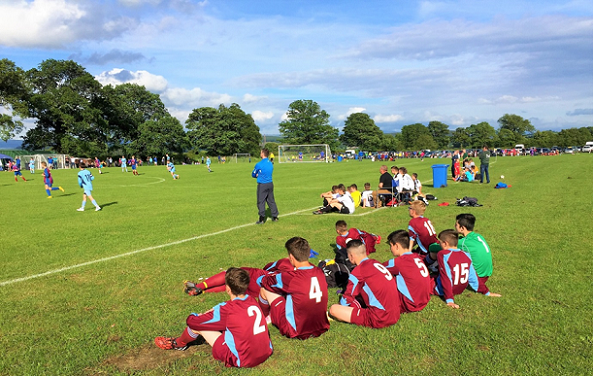
(There is likely to be a breakdown in the supply-demand relationship in community sport)
Among actions which may mitigate these effects, David highlights: a. the importance of central government funding direct to community suppliers of sport; b. the necessary support of local authorities to ensure local community facilities are accessible without cost-barriers; c. a priority focus on reviving community sport before professional sport; and d. establishing new connections through schools to ensure youth are re-engaged in sport, with the support of volunteers from the community.
David is emphatic in stating that “now more than ever, authorities need to recognise the vital role that community-based sport and recreation organisations will need to play in the support and regeneration of youth well-being in their local communities.”
From The Archives ...
SWIMMING
LYTTELTON TIMES, VOLUME CXVII, ISSUE 18014, 3 FEBRUARY 1919
KESTEVEN CUP
THE ANNUAL COMPETITION
"The annual competition for the Kesteven Cup was held on the Taylor’s Mistake beach, under the auspices of the Canterbury Surf Association. The weather was beautifully fine, and a steady roll on the beach, provided ideal conditions for the contest.
Opening the proceedings and the Taylor’s Mistake Club season, the patron, Mr A. P. Osborne, heartily welcomed the large attendance of visitors and members. He apologised for the late opening, the delay which had been due largely to the influenza and cold weather. The president, Mr F. D. Kesteven, declaring the season open, said that he was glad to see the keen interest still taken in the sport. It was a healthy one, and now the boys were coming back, he hoped the competitions would be keener than ever.
At the termination of the proceedings, Mr F. D. Kesteven, the donor of the Cup, heartily congratulated Mr Barrett upon his win and in presenting him with the trophy said that he hoped the contest for the Ray Blank Cup, in a fortnight’s time, would be as keenly competed for."
Francis David Kesteven was born in 1859 in Akaroa, the youngest son of Thomas and Lousia Kesteven. He joined the Union Rowing Club in 1876 as a 17 year old and remained a member for the following 60 years, many of which he served as Club Treasurer. He was Club Captain for 24 successive years, out of the 32 in total in which he held this role. He later became a Life Member and Patron of the Club, and President of the New Zealand Rowing Association.
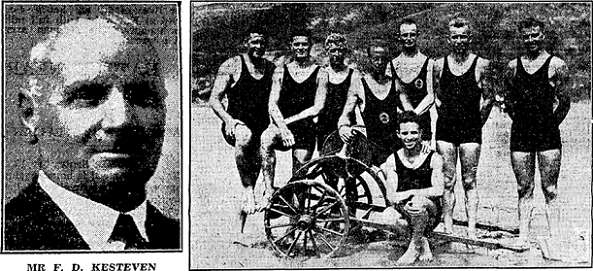
(Francis Kesteven, left was a force for community sport in Canterbury last century)
He was a founding member of the East Christchurch Football Club (Rugby Union) and represented Canterbury in the sport in 1883, as a 24 year old. He was a delegate to the Canterbury Rugby Union and President of the Linwood Football Club for 23 consecutive years. Secretary of the Lancaster Park Company, Kesteven competed in amateur athletics for several seasons and was interested in yachting, cycling, motor-boat racing and surf life-saving, (as noted above, he was Vice-President of the South Brighton Surf Club).
A respected Canterbury private-financier and philanthropist, supporting many charitable causes, Kesteven continued to be actively involved in community sport until he was 78 years of age.
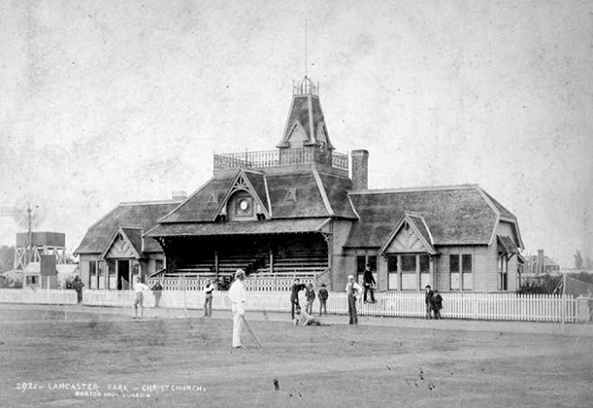
(Lancaster Park, Christchurch, in the 1880's)
The Final Word ...
“What is football without a crowd?”
(Pep Guardiola – Manchester City FC)